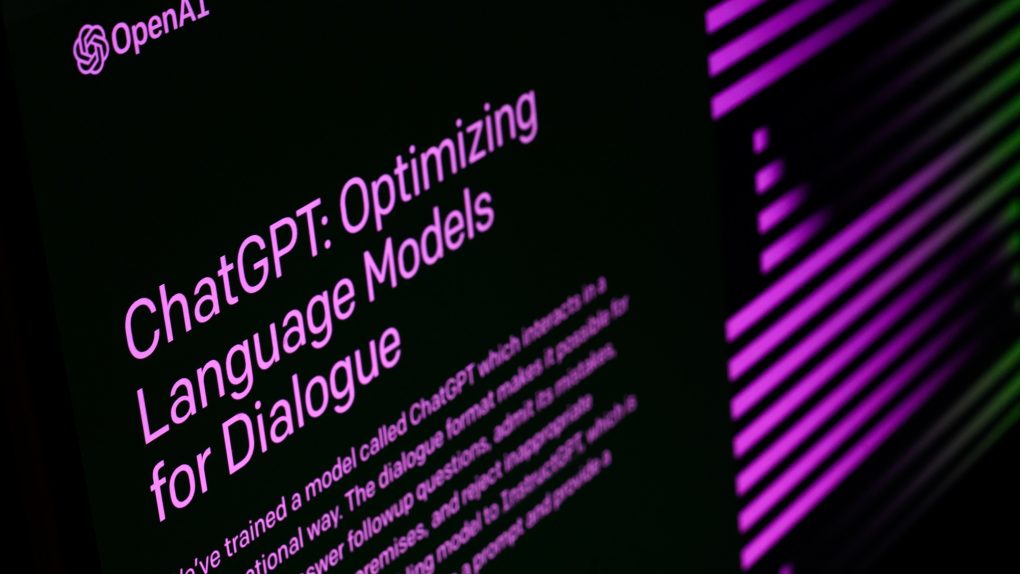If ChatGPT hasn’t freaked you out yet, what if I told you the OpenAI chatbot invented its own language? One of the limits of ChatGPT is its inability to recall previous conversations, but as some intrepid users have discovered, you can get around this limitation by asking the chatbot to compress the current conversation into a string of seemingly random letters, numbers, and symbols that will allow it to pick up right where it left off in a new chat.
Twitter keeps highlighting the latest AI projects
On April 4th, Greg Fodor tweeted out a string of characters and requested that no one enter it into GPT-4. Of course, if you do happen to enter the string into the GPT-4 version of ChatGPT, the bot will write out a Lovecraftian short story about a group of rebels battling shape-shifting shoggoths. Someone posted the results on ShareGPT.
When someone asked Fodor what to call this new language, he suggested Shogtongue:
If you’re still confused (and I wouldn’t blame you), this short Twitter thread from writer Jeremy Nguyen (via Digital Trends) should answer most of your questions. As Nguyen explains, after a long conversation, you can ask GPT-4 to compress all of it so that it can be fed back into a large language model to continue to chat as if it had never ended. GPT-4 should present a string similar to the one that Fodor shared on Twitter.
Open a new chat, feed it the string of characters (and some context if you like), and you should be able to continue the conversation. Eventually, long-term memory will likely be built into large language models, but for now, this is quite a clever workaround.
Just remember that this only works with ChatGPT on GPT-4. If you submit a string of random characters to the free version of ChatGPT (which is running on GPT-3.5), it won’t understand what you’re trying to accomplish. Nguyen also notes that other platforms using the GPT-4 API struggle to figure out how to make use of Shogtongue prompts.








